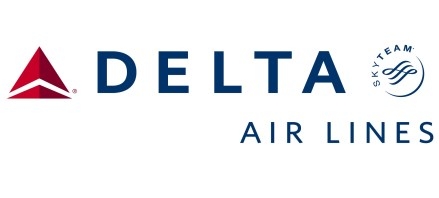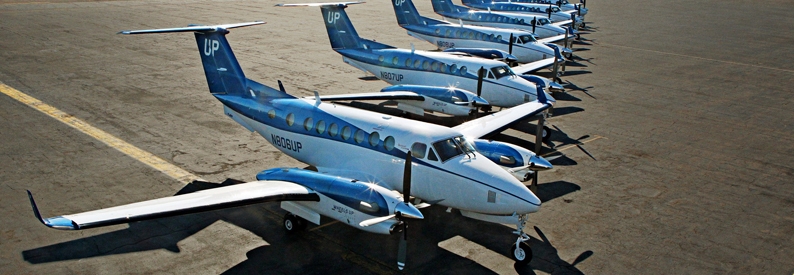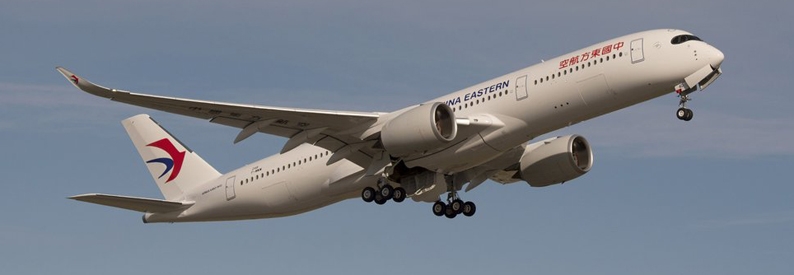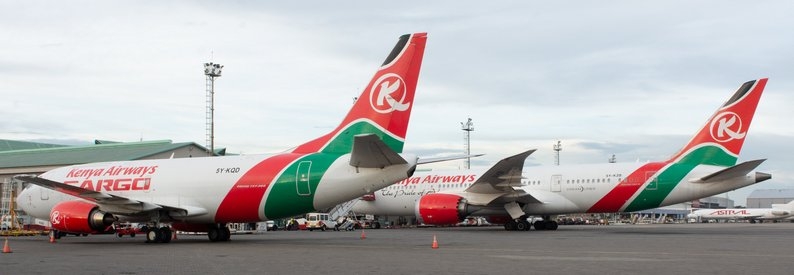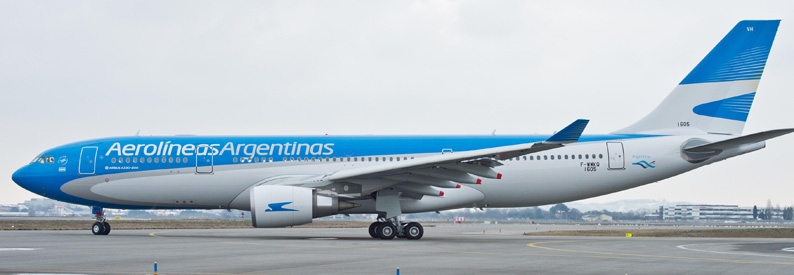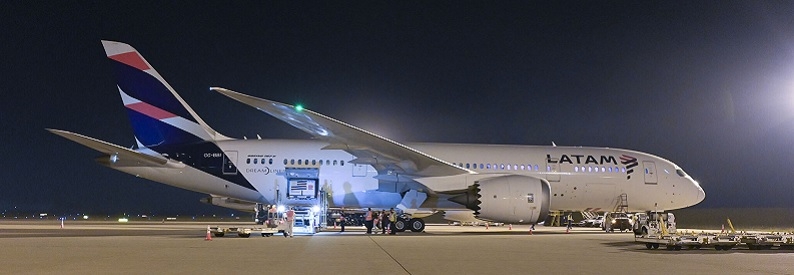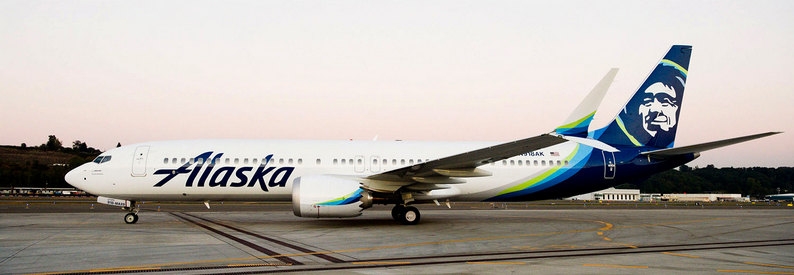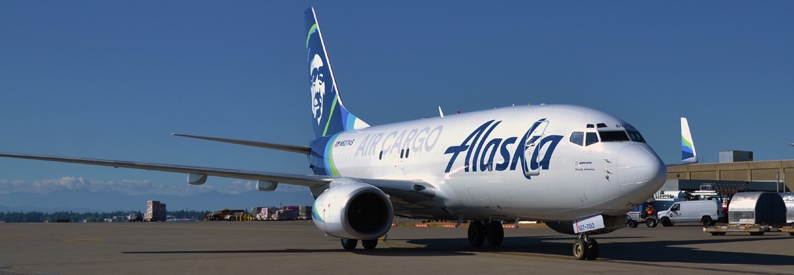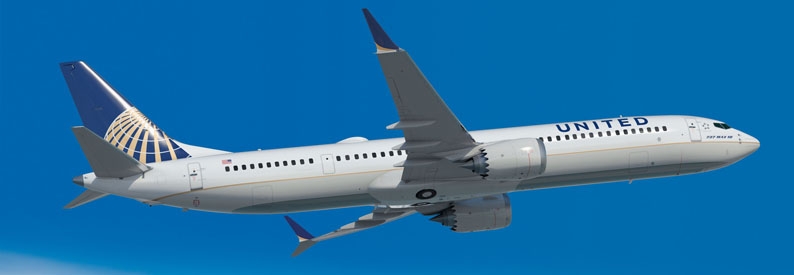Delta Air Lines (DL, Atlanta Hartsfield Jackson) along with American Airlines (AA, Dallas/Fort Worth) and United Airlines (UA, Chicago O'Hare) have petitioned senior officials in the US government to limit the Gulf carrier's access to the country's airspace.
Speaking at the recent World Routes convention in Denver last week, former deputy assistant secretary of State John Byerly said executives from the three airlines recently held talks with US Transportation Secretary Anthony Foxx, Commerce Secretary Penny Pritzker, and other senior administration officials in a bid to curb the Gulf carriers' growing prominence in the US market.
“It’s disturbing — at least it’s disturbing to me — to learn that a troika of the CEOs of Delta, United, and American met on Wednesday and Thursday of this week with two members of President Obama’s Cabinet and with other senior Administration officials for a reported further salvo in their war against Open Skies,” he said.
According to Routes Online, their proposals reportedly included a cap on the number of flights Emirates, Etihad Airways, and Qatar Airways can operate to the United States, the renegotiating of Open Skies treaties signed between the United States and the United Arab Emirates and Qatar respectively such that severe capacity restrictions are imposed on the Gulf carriers, or failing that, the possible outright repudiation of said Open Skies agreements.
In the past, Delta CEO Richard Anderson has called for the replacement of Open Skies with a “Fair Skies” policy, which would take into account disparities in income taxes, labour laws and subsidies when devising bilateral agreements.
“We are broadly in favour of Open Skies – but we’re in favour of Fair Skies,” Anderson told CBS News travel. “A number of those carriers are not airlines, they are governments. They have huge subsidies and structural advantages.”
In December, the US carriers' European counterparts, Lufthansa and Air France-KLM Royal Dutch Airlines, wrote a joint letter to the European Commission asking it to take steps against the Middle Eastern carriers which they have accused of distorting the market by virtue of their alleged state subsidization. They also called for a thorough investigation into all Gulf carrier investments in European carriers, the most recent of which was Qatar Airways' acquisition of a 9.99% stake in the International Airlines Group (IAG) - parent to British Airways, Vueling Airlines, and Iberia.
Both the Americans and the Europeans complaints stem from alleged state subsidies the Gulf carriers are given, both directly and indirectly, by their respective governments. They argue that access to lower airport user fees at their respective Middle Eastern hubs and their ability to tap cheaper finance than their US and European rivals allows them to undercut their rivals on longhaul routes to Europe and to the United States.
“If you compete with [Gulf carriers] in an open sky situation, it’s sort of suicide. It means European airlines will disappear,” Jean-Cyril Spinetta, the honorary chairman of the Air France-KLM Group, said.
Etihad CEO and President, James Hogan, has denied these accusations stating that consumers benefit when airlines compete on product and service. He argues that the biggest problems facing the European industry are long-standing issues including congestion from under-investment in airports and airspace management, high operating costs at traditional hub airports, high labour costs and inconsistent and inequitable taxes levied on airlines and passengers.
For its part, Emirates has rejected the allegations of subsidization as false. It claims both US and European airlines are using the claims as a means of nudging their politically sensitive governments into enforcing protectionist policies.
“At Emirates we see much to be encouraged about: more and more countries recognise that liberal air access has a multiplier effect on their economies and best serves their national interest. Yet there are still cases where some flag carriers or their alliance proxies successfully block new competition, by creating an echo-chamber of repeated false assertions about rivals," Tim Clark, President, Emirates Airline, said. "We recognise that our success has made us a target and some airlines have been willing to make gross misrepresentations about Emirates and Dubai in order to serve their interests. We have nothing to hide and welcome all discussion on our activities.”
